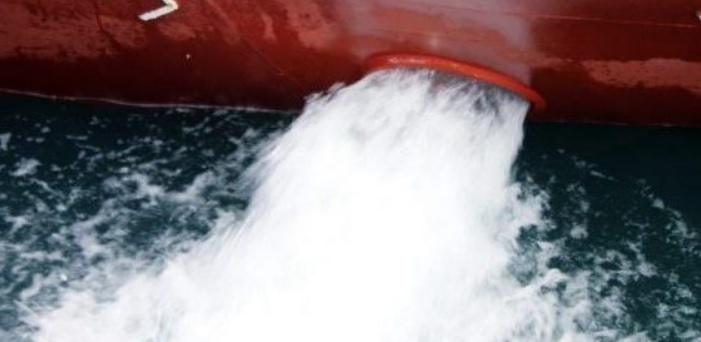France based LAB called the shipping industry to take into consideration lifecycle costs, such as cost of repairs, maintenance, and shipyard time, when choosing what exhaust gas cleaning technology (scrubbers) to implement.
Most of today’s scrubbers are consisted from high-end compounds. However, there is a number of reports in the market regarding corrosion on some marine scrubber units.
As Neil Anderson, Director of Marine Technologies, LAB, noted, currently the focus is on how to financially benefit from continuing to burn less expensive heavy fuel oil (HFO) instead of the costlier, low sulphur fuel.
[smlsubform prepend=”GET THE SAFETY4SEA IN YOUR INBOX!” showname=false emailtxt=”” emailholder=”Enter your email address” showsubmit=true submittxt=”Submit” jsthanks=false thankyou=”Thank you for subscribing to our mailing list”]
This has stopped the discussions about the design and installation. These two factors play an important role, as if someone wants to invest in scrubbers, a deep understanding of the available options as far as design and materials are concerned, is crucial.
Mr. Anderson also added that despite the fact that scrubbers are not a solution for the whole of the merchant fleet, they can be a viable and commercially compelling option.
However, ship operators must not see scrubbers as an one-off capital expenditure. They have to consider the whole lifecycle costs and after that make the choice to use or not exhaust gas cleaning technology.






























































